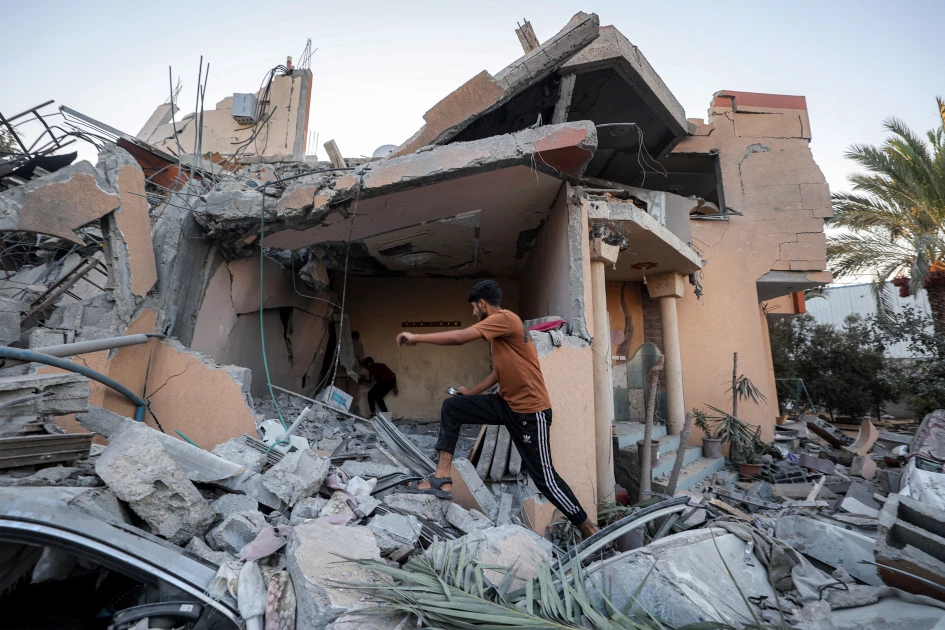A United Nations committee has reported that at least 21,000 children in Gaza have been disabled since the outbreak of war between Israel and Hamas on October 7, 2023. According to the UN Committee on the Rights of Persons with Disabilities, over 40,500 children have suffered new war-related injuries, with more than half left with long-term disabilities.
The committee highlighted that evacuation orders during Israeli military offensives were often inaccessible to people with hearing or visual impairments, making safe evacuation impossible. Muhannad Al-Azzeh, a committee member, cited the tragic example of a deaf mother in Rafah who was killed alongside her children, unaware of evacuation instructions. Reports indicate that many disabled individuals were forced to flee in unsafe conditions, including crawling through mud or sand without mobility assistance.
Humanitarian aid restrictions have disproportionately affected children with disabilities in Gaza. The centralization of aid distribution has created significant barriers, with only four distribution points under the US- and Israel-backed Gaza Humanitarian Foundation, compared to the previous UN system that had about 400. Physical obstacles, such as war debris and loss of mobility devices, further prevent access. The committee revealed that 83% of disabled people have lost their assistive devices, and replacements like wheelchairs, walkers, and prosthetics are considered “dual-use items” by Israeli authorities, preventing them from entering Gaza.
The UN committee urged Israel to adopt specific measures to protect children with disabilities from attacks, implement inclusive evacuation protocols, and ensure that humanitarian aid prioritizes disabled children. It stressed the urgent need for the delivery of massive humanitarian assistance to the over 21,000 children and thousands of adults disabled due to war-related injuries.
Between October 2023 and August 2025, over 157,000 people in Gaza sustained injuries, with more than 25% at risk of life-long impairments. The committee’s findings underscore the urgent need for inclusive humanitarian strategies to prevent further suffering among the most vulnerable populations in Gaza.

